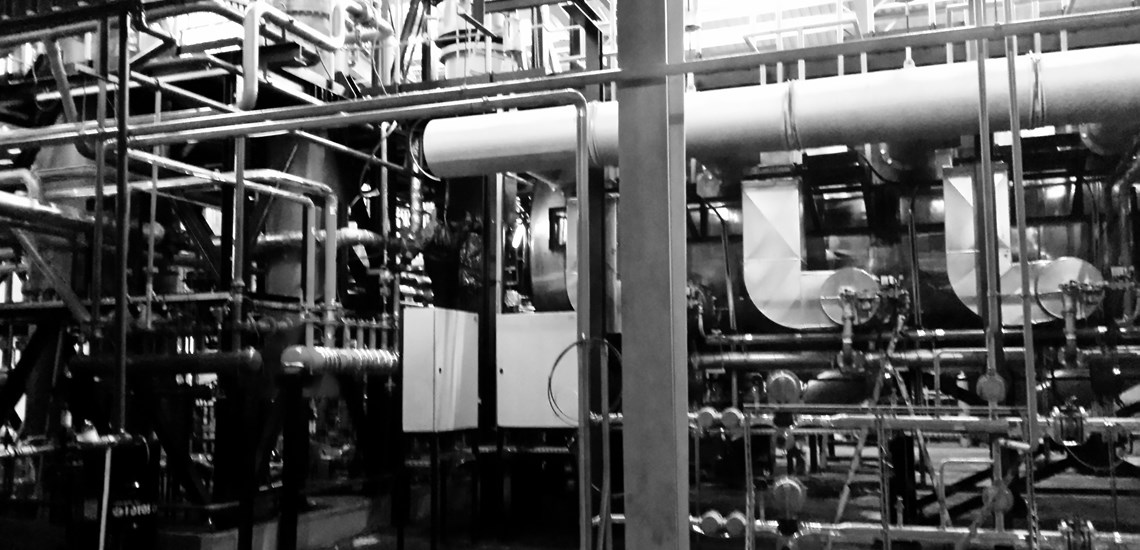At the Smithers Black Bear Carbon, spokesmen from Delta Energy, Enviro, Euro Eco Fuels, Black Bear Carbon and BB&G- AWEs agree that there was a future for the rCB market.
Pyrolysis Producers Look Ahead
Robert Harper, deputy CEO of CIRCTEC stated that there was a gap to be bridged between where the pyrolysis sector is today to where it needed to be to meet tyre industry needs. “Scaling up to meet the demand cannot immediately be achieved. There are challenges in costs and technical developments, and of course Europe‘s strict permitting requirements.
“There is still a lack of investor faith in the industry, the lack of solidarity needs to be addressed. We need the tyre manufacturers’ pledge to commit to rCB to persuade investors to back the sector.”
Thomas Sörensson from Enviro pointed out that up to two years ago the key driver for demand for rCB from tyres was cost, as a cheaper alternative to virgin Carbon Black. However, the market had changed, and the driver was now sustainability.
Victor Vreeken, Chief Technical Officer at Black Bear Carbon agreed with Rob Harper but questioned whether the industry could close the gap between recycled materials and the virgin market. The demand is there, of course, but the gap between demand and supply may actually widen.
Robert Genovese from Delta Energy in the USA pointed out that there was a logistical challenge for tyre pyrolysis. It is easy for the virgin Carbon Black producers to move feedstock from source to any point of production, anywhere in the world. For the rCB producers, the transport of the feedstock has a prohibitive cost, and feedstock needed to come from within 3-400 miles around the pyrolysis plants. Therefore, he sees a future with multiple regional tyre pyrolysis plants.
In conclusion, the future is bright but there are challenges. The challenges can be met if the tyre industry communicates and sets standards and specifications that allow investors to build confidence in the sector. When that happens, the industry will grow rapidly.




















